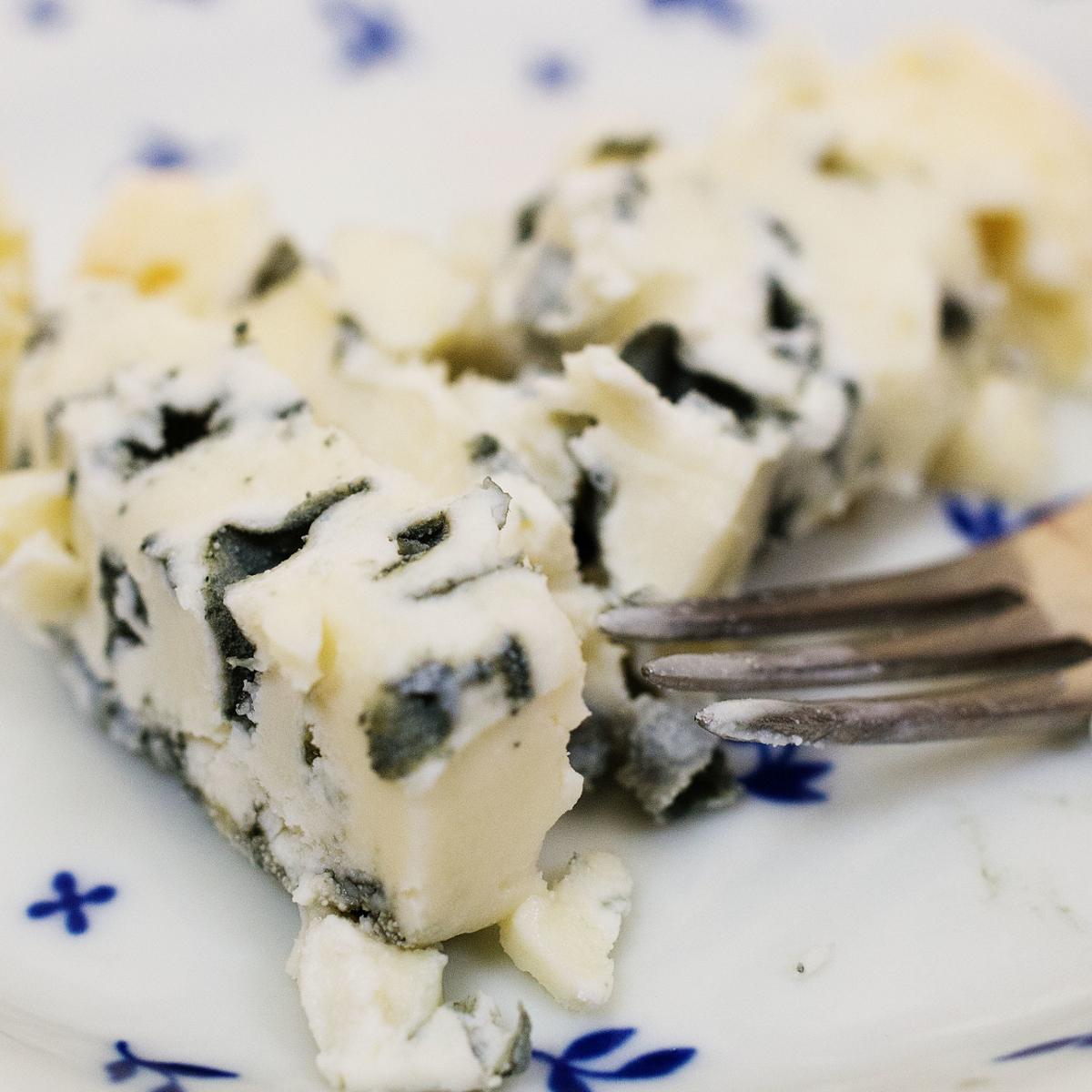If food in fridge smells funky, we've been trained to toss it. But there is one big exception to this rule: stinky cheese. Pungent cheeses, such as blue cheeses, have sharp aromas that can linger in your nose, or the entire room, for a while. But why do some find smelly cheese so appetizing, while others find it pretty nauseating?
Neuroscientists are fascinated by that question. They want to know why we react the way we do to stinky cheeses, whether we think they’re delicious or disgusting.
First off, chemistry is at work. Research by French neuroscientists at the University of Lyon has shown that the brain region that fires up when hungry people see food doesn’t activate when cheese haters see cheese. This suggests that their brains don’t really recognize cheese as food.
But these sensations are dependent on emotional and social context, too. For people who hate fetid cheeses, the aversion may not be innate; oftentimes, a negative experience with cheese early on can create an aversion. Others may not like it because they refuse dank cheeses without ever trying them. Studies show that children can ease into comfort with smelly cheese after repeated exposure to it, even if they turn up their nose the first few times.
Disgust is a complex response, and it’s difficult to isolate it from other feelings, such as feeling too full. But when someone sets out the stinky cheese, that doesn’t matter much. We might not know why some foods are gross, but we trust the feeling.









